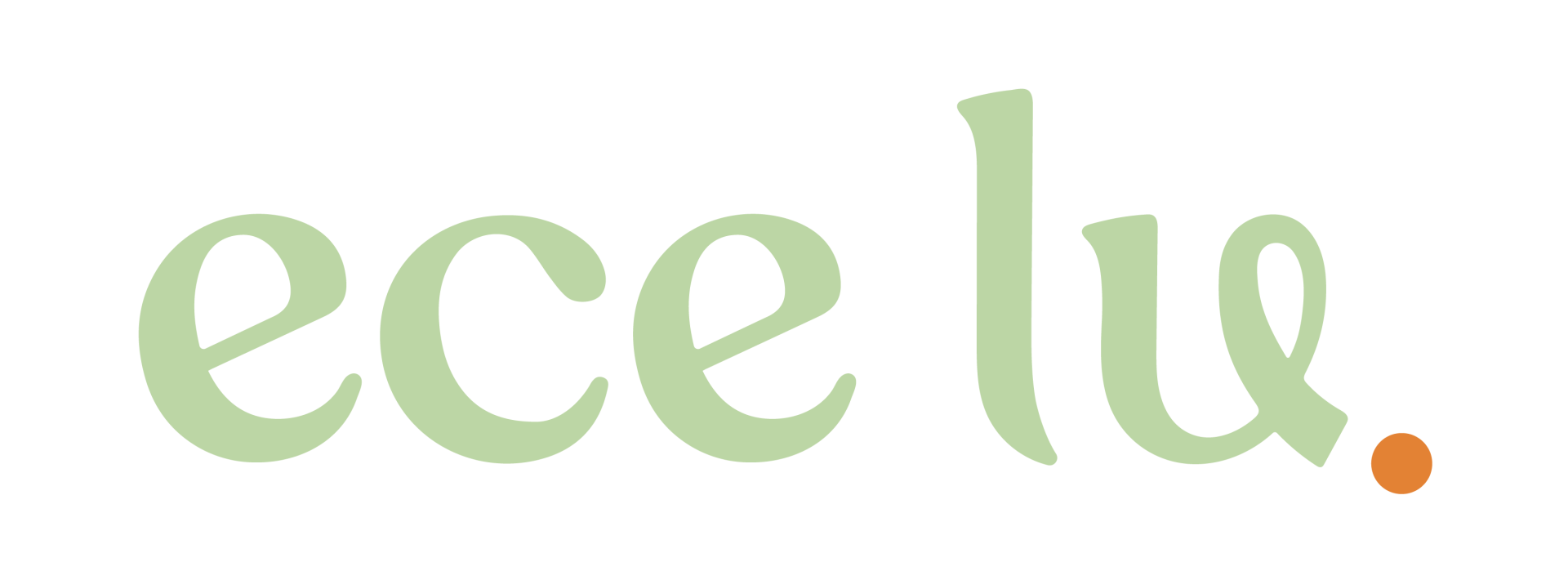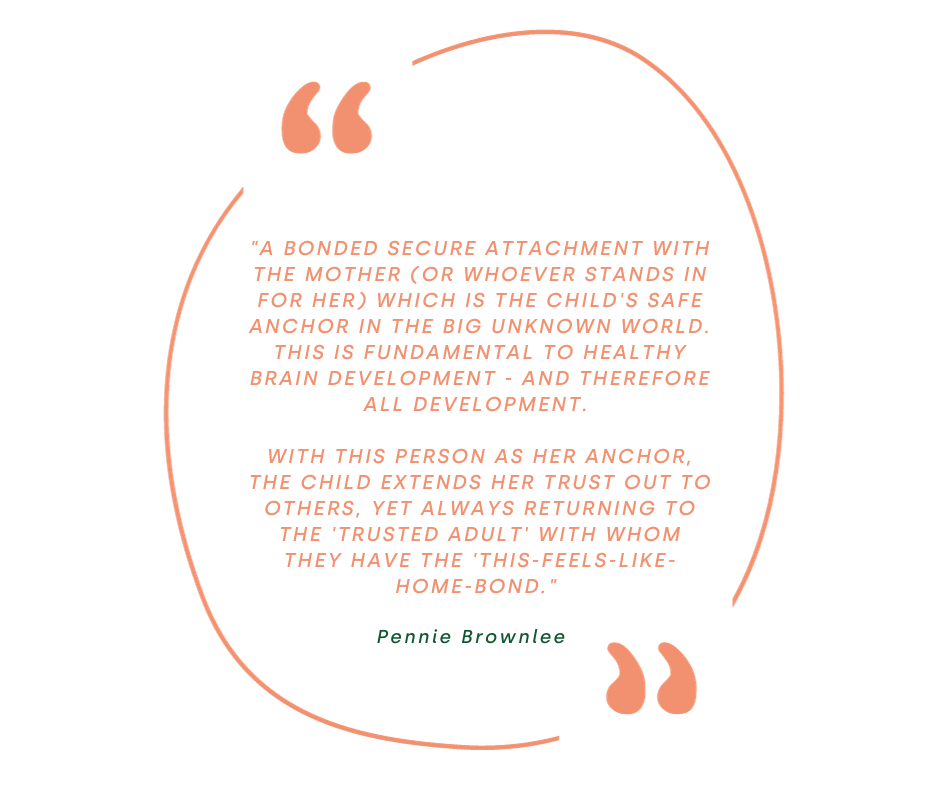
The first thing I want you to do is STOP and think about how this child feels…
- If this is their first time in group care imagine how it feels to suddenly be surrounded by other children (some may even touch me without my invitation!), to sleep in a room with other children, to eat at a table with other children and to be constantly surrounded by other people.
- Where are my parents?
Be careful not to just assume they want to be picked up. And certainly, don’t allow others to walk by and pick them up randomly because they think this child needs a hug. This child needs to have one secure attachment relationship with a key teacher, before they can tolerate or even think about relating to anyone else. If you don’t get this bit sorted, then you can forget anything else.
- You are a stranger. You look different, sound different, smell different, talk different and move differently from what they know. You may not even speak their home language let alone understand their non verbal cues that everyone at home understands.
- This child is biologically driven to form an attachment relationship in order to feel safe firstly, and then in order to build trust and confidence. Biologically driven! It’s in their bones.
- This child is biologically driven to form an attachment relationship in order to feel safe firstly, and then in order to build trust and confidence. Biologically driven! It’s in their bones.
- If this is their first time in group care imagine how it feels to suddenly be surrounded by other children (some may even touch me without my invitation!), to sleep in a room with other children, to eat at a table with other children and to be constantly surrounded by other people.
- How does this child know who is going to take care of them? Who they can trust?
- Where are my parents?
For the child this is scary.
And if they are crying a lot, this is clearly overwhelming.
You get the picture right?
For the child this is a very overwhelming time right now.
For the parents I bet they are highly likely feeling distressed right now too.
And for us as early childhood teachers, this can be physically and emotionally draining and equally concerning.
Let's also not forget, these children are the people who will be taking care of us in our rest homes one day. So we NEED to get this right!
It’s in everyone’s best interests to settle this child as quickly as we can.
So let’s get started and wave our magic wand…
Spoiler alert – there is no magic wand.
This is not going to happen over night.
BUT if we put ALL off these strategies into place that I am going to share with you, this child WILL form a close relationship with you, and they WILL settle, and they WILL begin to feel trust and confidence and start to explore and play and do all the things we know are important for their development – within three weeks. Trust me. I have done this a million times. And it works!
Here goes…
1. Relationships, relationships, relationships
No matter what part of the world you are in, if you are working in an early childhood service taking care of infants, toddlers and young children your national curriculum will have relationships at its core. Now this is something that so easily rolls off the tongue “Oh yes we value relationships here” and yet so often we misunderstand what this ACTUALLY means in reality.
I can’t tell you how many times I have seen and heard of children being passed from one person to another, depending on who is available, or who can handle the crying for now, or who is on a break. Like they are a sack of potatoes needing to be held. This is NOT putting the relationship at the heart. This is putting the adults first.
This child is looking for attachment, trust, and reliability. So stop passing the baby literally!
When children are unsettled it is critical to assign ONE person to be their key teacher or primary care giver from day one. And this person needs to do EVERYTHING for this child in your centre. They must feed them, give them their bottles, take them for a sleep, change their nappies etc. ONLY this person. NO tag team – “Here it’s your turn.” No “can you just feed them while I have a cup of coffee?” NO, Zip. Nada.
This key teacher must also be available at the child’s level as much as possible. This means sitting on the floor, alongside the child, offering comfort (which doesn’t necessarily mean picking them up). This key teacher is getting to know this child – what are their non verbal cues? How are they showing you they are tired? How does this child like to be comforted?
Be careful not to just assume they want to be picked up. And certainly, don’t allow others to walk by and pick them up randomly because they think this child needs a hug. This child needs to have one secure attachment relationship with a key teacher, before they can tolerate or even think about relating to anyone else. If you don’t get this bit sorted, then you can forget anything else.
This key teacher is also the person who communicates with the child’s family. Only this person in this settling phase. These parents need reassurance, they need confidence and trust too. Because their anxiety will be rubbing off on the child. Remember this is their precious human you have got in your hands. So focus strongly on building a relationship with the parents too.
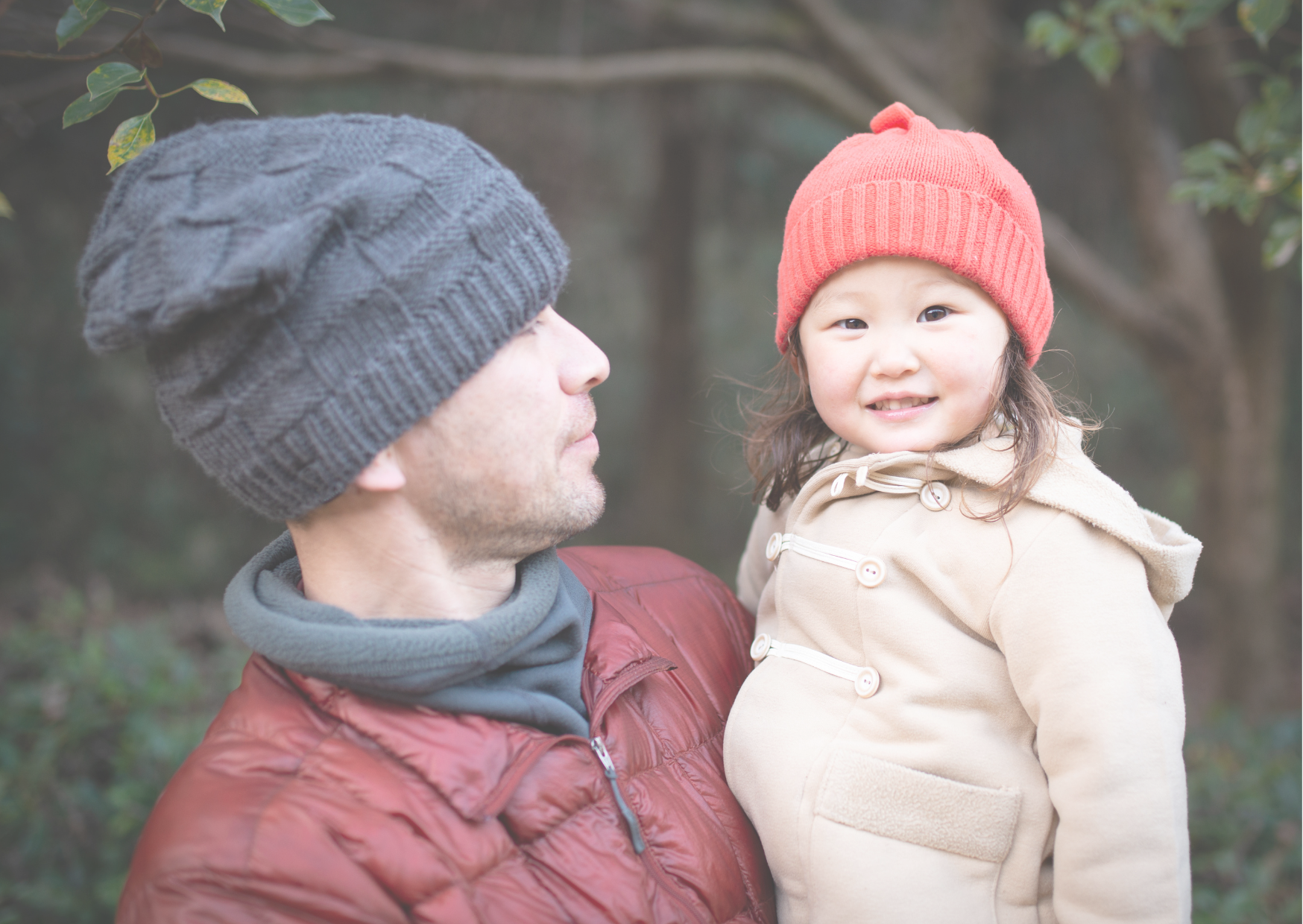
2. Team support
If you are the key teacher for this settling child, then you are going to need the full support from your team for the next two – three weeks. This child is a priority for everyone on your team. This means that if you are responsible for the care of other key children, then your team needs to take care of them as much as they can for now. Remember, this is not just a matter of doing something nice for a team mate. This is critical to a child’s mental, emotional, spiritual wellbeing and to their future. Get it? It’s serious stuff!
The key teacher is going to need to feel confident and comfortable that they can ask for what they need from their team. E.g. “I am going to take this child outside for a while, because I have worked out that she is more relaxed outdoors. I can take a few children with me, but please make sure you don’t just leave me with loads of children.”
When you need to take a break, you will need to time that around this child feeling settled or being asleep, or being ok for now. NEVER NEVER NEVER go on a break just because it is rostered, but this child is crying their heart out.
Did I say never?!
I mean never!
Rostered breaks are out for now. Everyone else can. But not you. Stay with this child, and take your breaks when it works around them. I am not for one second saying don’t take a break. Because you will need them of course. Just remember, this is only for a short intense amount of time. And if you get this right, soon all will be tickety boo again.
Team members: ask the key teacher how you can help and what they need. Don’t just assume that it would help if you carried this child for a while. Ask the key teacher. Try not to walk past this child and teacher too much if you can. Nothing is more distressing than an unsettled child seeing adult legs constantly walking past them on a busy mission. It is like being in a busy train station, looking at all the moving bodies wondering when it is safe to step onto the platform.
Key teacher, this means that you should try to spend time with this child in a quiet area that is not near main walking spaces. Find a suitable corner where you can position yourself with this child, bring suitable play things for them. Or even better, take them outside as much as you can. Being outside is very soothing for everyone. Fresh air, clouds, and a little wind in the face helps to bring equilibrium to the soul.
3. Watch. Listen. Ask. Learn about this child.
This is a wee human who has very clear ways of communicating once you get to know them. So pay attention. If they are not yet verbal or speak a different language from you, then watch their body language and non verbal cues. Learn what triggers them, learn what soothes them, learn their tired signs, hunger etc. And ask the people who know them best – their parents.
Learn how this child likes to go to sleep. Do they like to be tightly wrapped? Lay on their side? Have a dummy and a cuddly? Turn in a circle three times? You get the idea.
Understand how this child prefers to be comforted. Don’t just assume they want to be picked up and hugged. Observe what comforts them and do that. This will be different for every child.
4. Be the calm in the storm.
Key teacher your mood, energy, responses, body language, and movements all make an enormous difference with an unsettled child. If your heart is racing, if you are constantly up and down off the floor, if you move quickly through the room, use a loud voice – all of these things will impact on this child.
So be the calm in the storm.
Breathe! Walk slowly. Move slowly. Talk quietly. Sing or hum quietly.
If the child wants to be held, use gentle movements, open hands, calm, warm, loving hands. Hold them close to your heart and let them feel the calmness of your body. Your calmness will help the child to self regulate.
When you take them to bed, or hold them for a bottle, make eye contact. Gaze lovingly into the child’s eyes. Connect. Smile. Nod.
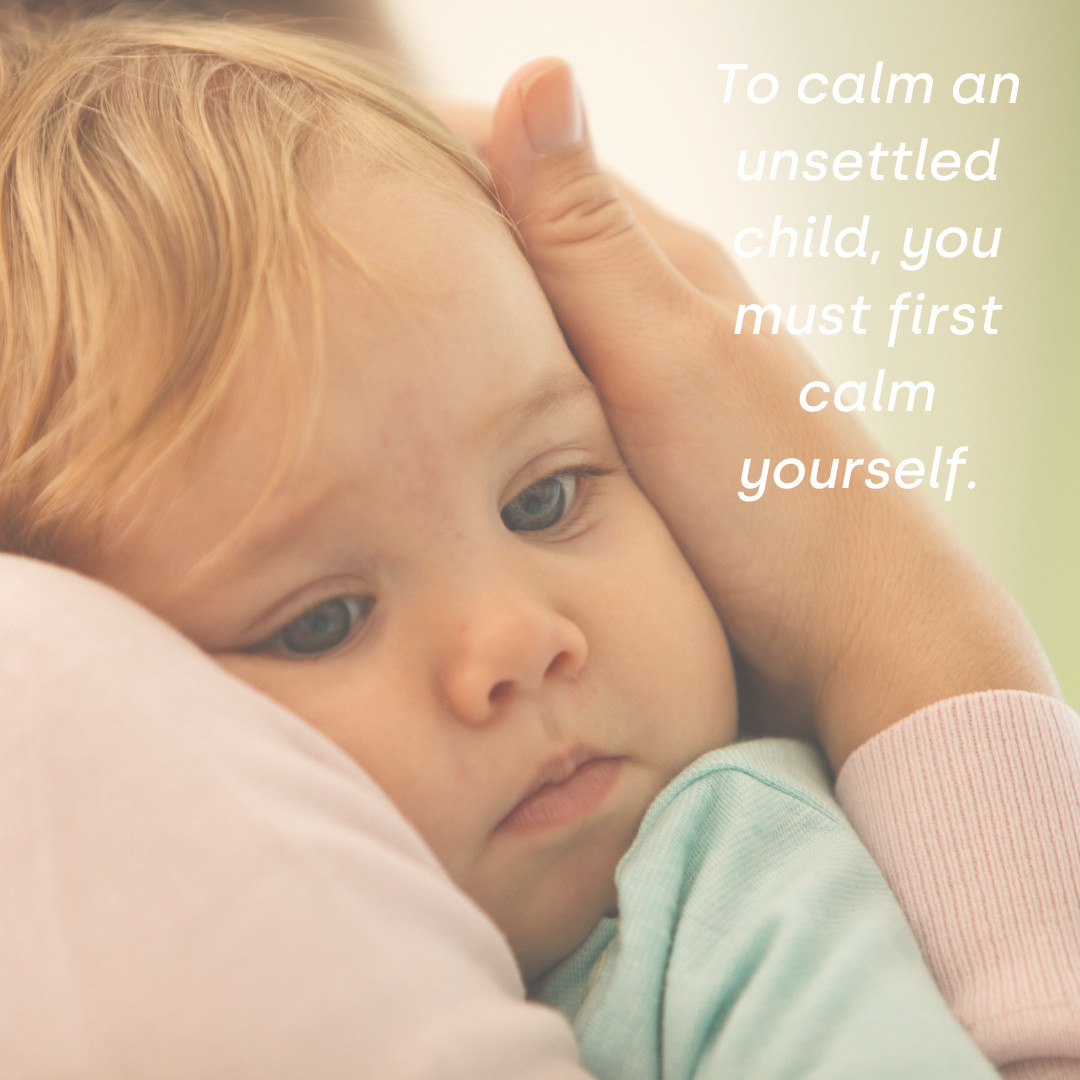
5. Acknowledge don’t’ shush.
Sit on the couch or an arm chair with this child and watch the room, read, or sing. Sometimes being above the other children, or at a slightly higher viewing level allows this child to observe, and become familiar with the people and happenings in this space from a safe vantage point.
This child needs empathy and reassurance. I am here for you. They need you to be their anchor in a stormy sea.
Their feelings are very real, and need to be acknowledged no matter how young or old they are “I can see this is hard for you. I am here.”
RESIST the urge to shush or tell the child they are ok. If this child is unsettled and crying a lot – they are very clearly NOT ok. So don’t invalidate their feelings by saying “You’re ok.”
RESIST the urge to shush or tell the child they are ok. If this child is unsettled and crying a lot – they are very clearly NOT ok. So don’t invalidate their feelings by saying “You’re ok.”
Even though we may have the best intentions and just want the child to BE ok. This is not helpful to them. It’s the same as it would be for you if you had your heart broken by someone and were feeling seriously upset about that and I said, “You’re ok.”
Ummm no, actually you are not. So, let’s not pretend or sweep it under the carpet like this doesn’t matter.
6. Hold space for this child as much as you can.
Be physically and emotionally available as much as you can. When this child crawls over to the gate for the tenth time today, sit alongside them and do what you are learning helps them to process and self regulate. That may be rubbing their back gently. Or telling them “I am right here when you are ready.”
It may be acknowledging their feelings genuinely “This is really hard for you today. Mummy will be back after your sleep. And I am here to take care of you.”
If the child puts her arms up to you and wants to be held, then hold them.
You CANNOT spoil this child with too much love. There is no such thing. You are building trust. You are letting this child know that you are responsive to what they need. Time will pass and this will be less intense, and you will not be needing to hold this child as much or at all very soon.
If this child is wanting others to pick them up, it is preferable that only the key teacher does this for now. So, if the child is standing at the gate howling, and people can’t get through, you need to calmly and gently hold out your hands, tell the child “I need to pick you up. I can’t let you stand at the gate like this. I am going to take you somewhere safer.” And do exactly that.
Sit on the couch or an arm chair with this child and watch the room, read, or sing. Sometimes being above the other children, or at a slightly higher viewing level allows this child to observe, and become familiar with the people and happenings in this space from a safe vantage point.
7. Make sure this child has familiarity from home in your centre
Blanket, dummy, sheepy, any personal items that they use at home should also be at the centre. It can also help to have an item that belongs to their mum or whoever their main people are at home for example; A t-shirt or something soft that smells like home. I have seen a child carry his mum’s big undies (clean) as a comfort item. His mother wasn’t quite so comfortable about that, but it worked for her child.
You can also take a photo of mum and dad or any family members that you meet, print and laminate it so that this child can hold it and look at them. Then you can talk about them while looking at the photo.
If this family speaks a different language to you, learn some of the simple phrases that will help you to communicate with this child e.g. hungry, lunch time, sleep time, nappy change etc.
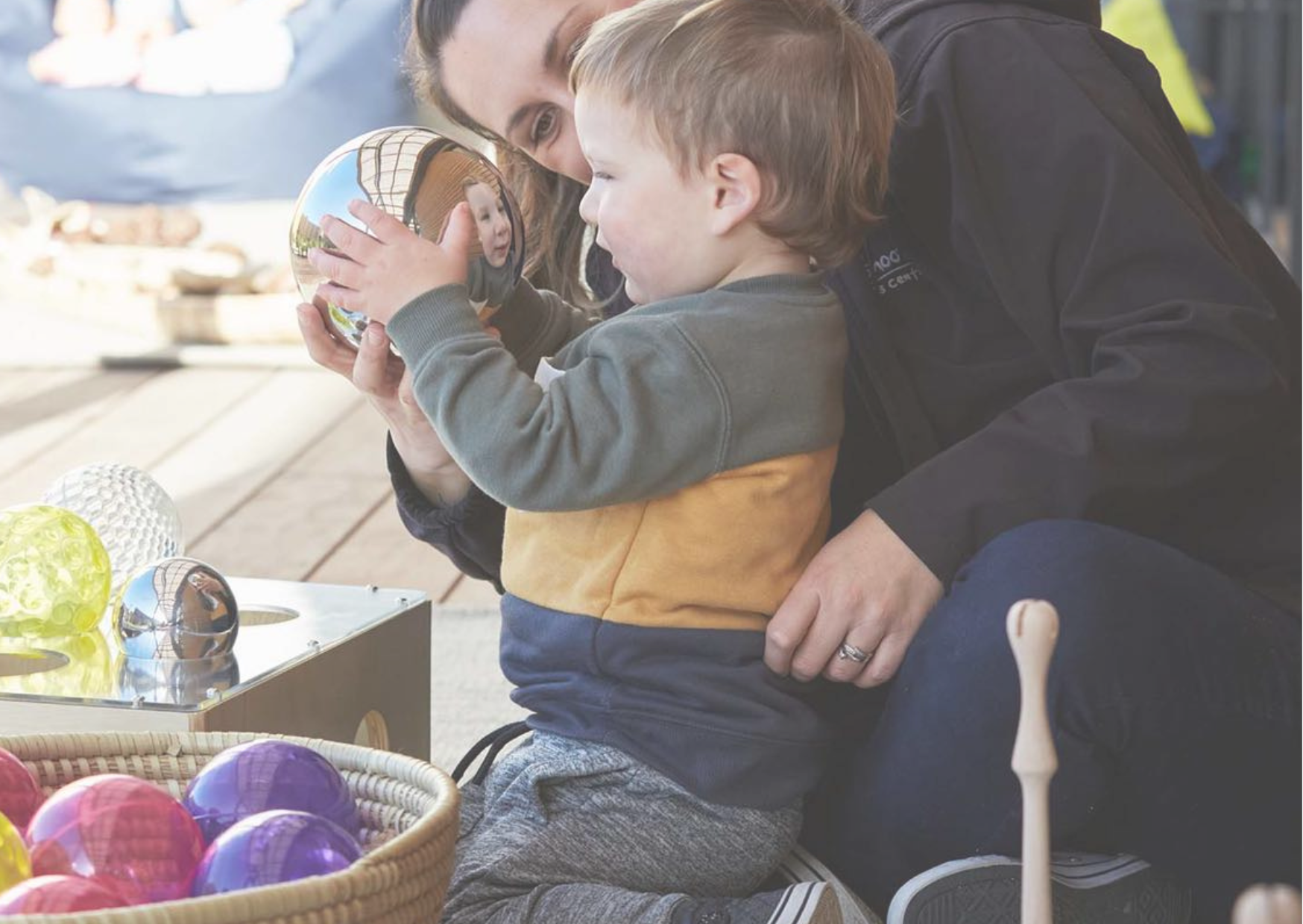
8. Make no sudden movements!
9. Create a separation routine with this child’s parents.
Some children feel more settled and confident if they enter the room in their own push chair and they are able to sit in this safe, familiar space for a little while. And then the key teacher can invite them to come out when the child is ready.
Predictability creates trust. Try to create routines and habits that will become familiar for this child. When young children can anticipate the order of events here, they will begin to feel more confident with familiarity.
Of course it goes without saying that you are going to keep this child’s care routines as close as possible to their home routines e.g. sleep and feeding.
Tell this child what is coming up (even babies), giving them plenty of warning when something different is about to happen or before you are going to start a transition time e.g. “Very soon we are going to tidy up and get ready for lunch.”
NEVER NEVER NEVER leave the room without letting this child know that you are going, and that you will be back. It is inevitable that you will have to leave the room some times, but try to keep this to a minimum. And make sure that a secondary care giver (ideally the same person every time), takes over being this child’s anchor until you return.
Ditto on this one for parents. Make sure you tell parents that no matter how hard it is, they must say goodbye to their child before leaving. And they must then exit swiftly.
Anything other than this simply breeds distrust, and makes things worse for the child.
9. Create a separation routine with this child’s parents.
As I have mentioned previously, predictability and routines make a huge difference to children who are building trust. So talk with this child’s parents about establishing a routine for drop off times. Encourage them to do the same things, in the same order every time. Especially during this settling phase.
E.g. Walk into the room carrying the child and their bag, sign in, greet the key teacher, put the bag away, put away any other personal items, have a chat with the key teacher, maybe stay and play for 5 minutes (if that doesn’t distress the child), then let the key teacher know that it is time to go, say goodbye to the child, hug, kiss, pass the child over and leave the room.
Some children feel more settled and confident if they enter the room in their own push chair and they are able to sit in this safe, familiar space for a little while. And then the key teacher can invite them to come out when the child is ready.
10. Pay 100% attention during care moments.
This child’s little emotional tank is going to need filling more frequently and more fully than others right now. Care moments (nappy changes, bottle feeds, sleep times) are pivotal to this. Magda Gerber taught us that if we give children our undivided attention during care moments, we are filling up a child’s emotional tank and enabling them to feel fuelled for independent learning and play outside of this. So, eyeball this child during care moments. Take your time, talk them through what is happening. Invite them to participate in care routines “Can you lift your bottom for me?”
And that’s it.
Simple?
No not really.
Critical?
Yes.
Doable?
100% with a supportive team, and genuine care for this child’s immediate and long term wellbeing.
If you do ALL of these things consistently, I can assure you this child will settle and blossom into the wonderful, confident, curious to learn child they were born to be.
The other part of this equation that I haven’t touched on yet, is all the things you should be doing for this child and their family before you EVEN found yourself in this unsettled part. I.e. creating really robust settling processes prior to this child even starting with you. But that’s a whole other video for another day.
For now, go forth and take amazing care of those beautiful children.
They deserve nothing less.
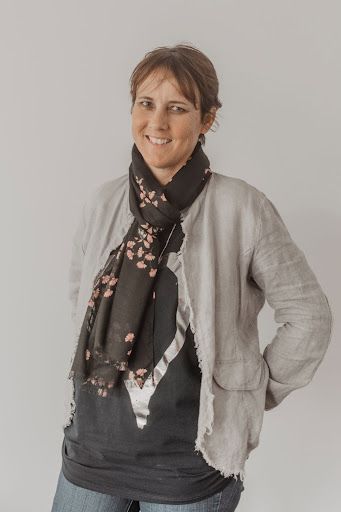
written by
Angela Bush
Founder - ECE Learning Unlimited
Bachelor of Education (ECE), Diploma of Nursing, Diploma of Teaching (ECE)
Angela is a degree qualified and registered ECE teacher, multiple ECE centre owner, curriculum leader and business manager of ECE Learning Unlimited. She is also a registered nurse.
With over thirty years in ECE and centre ownership, Angela has a wealth of experience and knowledge in successful ECE leadership and centre management.
Over the years Angela has also had roles as a lecturer in ECE, nanny, teacher, and mentor.
